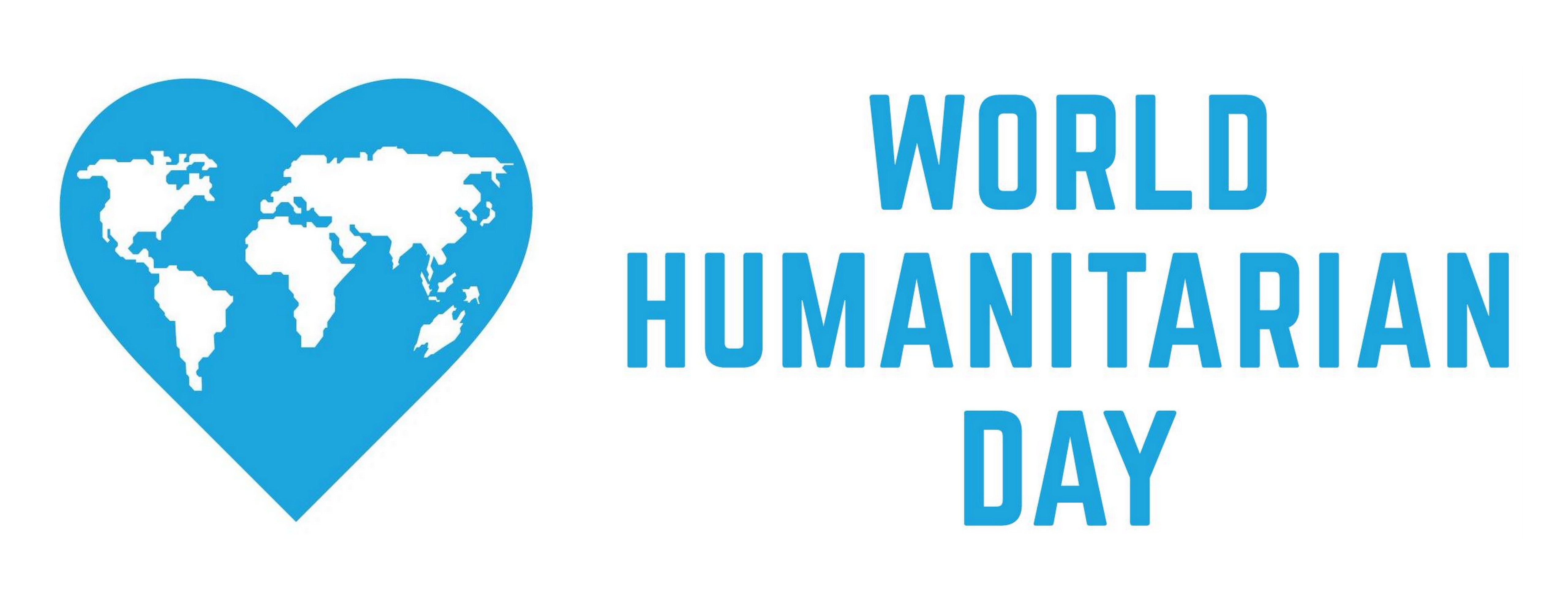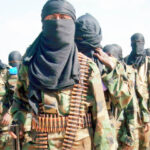August 19, 2023, was celebrated as World Humanitarian Day. The day is dedicated to those who have sacrificed their time and risked their lives to support and deliver aid to people worldwide or those who lost their lives working for humanitarian causes.
In 2008, the UN General Assembly designated August 19 of every year to raise awareness about humanitarian assistance worldwide and to pay tribute to the people who risk their lives to provide it, at personal risks, to give succour to vulnerable individuals and families in war-stricken and disease-ridden areas.
Since that day in 2003, over 4,000 humanitarians have been affected or attacked while carrying out their jobs, with over 120 cases being fatal. The UN also said almost one humanitarian worker has either been killed, attacked, or kidnapped every day since the August 19, 2003, Baghdad bombing.
The theme for World Humanitarian Day 2023 is ‘The Human Race’ with the slogan ‘It Takes a Village to Raise a Child.’ It is focused on bringing people together from all walks of life to help those in humanitarian crises.
Palliatives: Your silence over FG’s N5bn disturbing, Benue PDP tackles Alia
FG targets double-digit economic growth
Across Nigeria, there are significant and severe humanitarian needs with many living in Internally Displaced Persons (IPDs) camps. The IDPs arose because of terrorists’ attacks in the North East, banditry in the North West, farmer/pastoralist conflict and banditry in the Middle Belt, and secessionist movement in the South East.
There are also refugees in neighbouring countries affected by the conflict in Nigeria, namely Cameroon (Far North region), Chad (Lake region), and Niger (Diffa region). This makes Nigeria have the third highest number of IDPs in Africa, with the Democratic Republic of Congo (DRC) first and Somalia, second.
Because of the crisis, as of February 2023, the UN’s International Organisation for Migration (IOM)’s Displacement Tracking Matrix (DTM) identified a total of 2,388,703 IDPs in 488,163 households and 2,110,039 returnees in 346,166 households.
An estimated 40% of IDPs live in 309 camps and camp-like settings and 60% of them live in 2,072 host communities.
According to the latest Cadre Harmonisé projections, in the North East alone, a total of 8.4 million people require humanitarian aid while 4.4 million people there could struggle to find enough food during the lean season (June-August 2023) without humanitarian assistance.
And in their risky assignments to better the lives of Nigeria’s needy, Aid Worker Security Database (AWSD) said that since 2016, 35 humanitarian workers have been killed in the North East region, 22 have been wounded and 28 kidnapped.
Daily Trust salutes the dedication and courage of humanitarian workers across the globe, who are driven by selflessness to solve challenges in crisis-ridden zones. We also pay tribute to those who lost their lives in pursuit of this noble objective. They all represent the best of humanity.
Amid reports of their good work, there are also reports that humanitarian organisations sometimes spend as much as 60-70 cents of each dollar they receive from donors on themselves rather than on the target victims of conflict or natural disasters (salaries, allowances, logistics, etc). Going forward, such a practice should stop. There should be proper accountability.
This year’s slogan – ‘It Takes a Village to Raise a Child’ – is apt as indeed, only a community can truly support people living through humanitarian crises. By our traditions and cultures, neighbours help one another.
They are always the first to respond when disasters strike and help support each other, acting as undocumented volunteers, providing healthcare and education; food and water; shelter, and protection to the most vulnerable. They are the first to ease the suffering of those in humanitarian crises. Therefore, it is time for Nigerians to go back to the old culture where people cared for one another instead of the present circumstances where people build walls around themselves. Taking care of one another is part of our culture. We should all join hands to build community-based responses to humanitarian crises, starting from family, clan, ward, village, town, and local government up to the state level. It should not be left to the government alone.
Also, state governments should be more proactive in taking care of victims of humanitarian crises in their areas of responsibility. Others should stop living in denial and take steps to reduce human suffering in their areas.
More importantly, the crises precipitating the humanitarian challenges are most times unnecessary and could be resolved through dialogue or political action. It is time for all Nigerians to embrace peace.
It is in Nigerians’ interests that issues be resolved mutually instead of going for weapons of war. Not much can be done to stop most humanitarian crises arising from natural causes, but political, social, and economic differences can be minimised.
It is also time for Nigeria to stop depending on grants and aid from abroad. The Federal Ministry of Humanitarian Affairs should fulfill its mission of developing humanitarian policies and providing effective coordination of national humanitarian interventions to lessen the dependence on foreign organisations. But ultimately, Nigerians must avoid all activities that could trigger humanitarian crises. That way, the job of humanitarian workers would be easier. That will be the greatest tribute for all their worthy contributions to humanity.

 Join Daily Trust WhatsApp Community For Quick Access To News and Happenings Around You.
Join Daily Trust WhatsApp Community For Quick Access To News and Happenings Around You.


